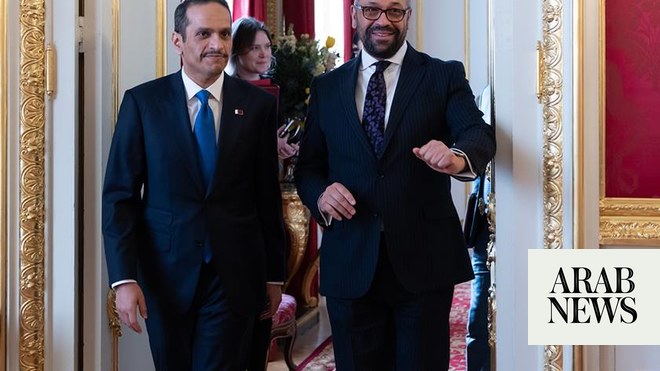
Over a year has passed since the Iraqi city of Mosul and regions of the Nineveh province were liberated from the clutches of the ISIS terrorist group. The scars left by the terrorists still remain, not just in damaged buildings, but among the people.
The devastation suffered by the people, on the psychological, physical and family levels, is only revealed through unofficial estimates. These figures show the number of victims killed by the terrorists or the widows of ISIS members.
Semi-official figures received by Asharq Al-Awsat by Mosul sources revealed that some 20,000 women were widowed after ISIS took control of the city in June 2014. It was expelled in July 2017.
Some 4,000 of these women were linked to ISIS members themselves, whether by working directly with them or being related to them. Widowed members of the group remain a “ticking time bomb” if they are not addressed by authorities, said Sukaina Mohammed Ali, the official in charge of the women and child affairs at the Nineveh office.
Mohammed Ali has organized the first workshop of its kind in Mosul in order to tackle the issue of women who are affiliated with ISIS. She is seeking to reintegrate them in society and rid them of their extremist ideology.
She did not hide to Asharq Al-Awsat her concerns over tackling this issue in wake of the wave of assassinations that targeted a number of female activists in Baghdad and Basra in recent weeks.
She underlined the need to address the issue of ISIS women “before terrorism returns to Mosul once again.”
“The majority of the women that we worked with are angry with the government and prefer to live under ISIS rule, rather than the current authority,” she added.
She revealed that people have started “expressing their admiration with ISIS.” She blamed this on a lack of awareness and lack of trust from the people with the government.
On the women who benefited from the workshop, Mohammed Ali said that they were either married to ISIS members, related to or collaborated with them. The women, however, have denied these charges.
The majority of the women are aged 20 and above and they are mostly widows, she remarked.
She recounted how challenging it was to reach out to these women and persuade them to attend the workshop, explaining that they are living in fear of being arrested.
“We are treating them with trust and offering them all possible help,” she stressed.
The greatest problem they are facing is poverty, said Mohammed Ali. She added that they also do not have no one to support them because their husbands have either died or fled. None of them can carry out any procedure before the state because the official authorities often refuse to deal with ISIS affiliates.
She pleaded with the authorities to “understand the nature of our work and tackle this issue.”
“We look forward to receiving the necessary support from government agencies to rehabilitate these unfortunate women,” she added.
Asharq Al-Awsat obtained a voice recording of one of the women who took part in the rehabilitation workshop.
She recounts how she was married to an ISIS member and currently has to take care of six children with no one to support her and no source of income. The majority of her relatives are detained in refugee camps.
“The greatest problem is that we cannot carry out any state procedure,” she lamented.










